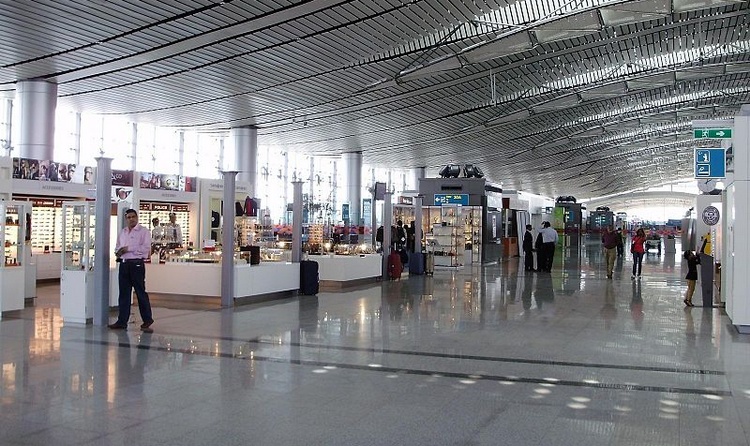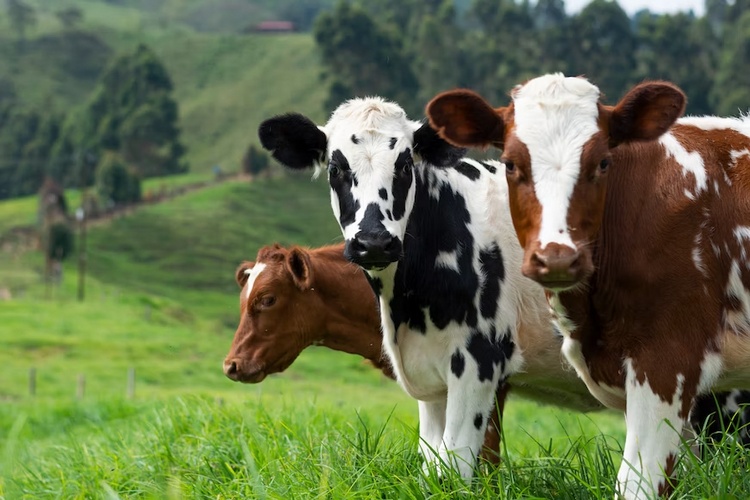July 4 NEC Energy News
¶ “Hyderabad International Airport Switches To 100% Renewable Energy” • The GMR Hyderabad International Airport Limited announced that all energy consumption at the airport and across its ecosystem is powered by green energy. This was done in partnership with Telangana State Southern Power Distribution Company Limited. [The Indian Express]

¶ “Fukushima Plan To Release Water Into Ocean Approved By UN Watchdog” • The UN’s nuclear watchdog has approved plans by Japan to release more than 1m tonnes of water from the wrecked Fukushima Daiichi nuclear power plant into the ocean, despite objections from local fishing communities and other countries in the region. [The Guardian]
¶ “The AI Trained To Recognise Waste For Recycling” • About 2.24 billion tonnes of solid waste was produced in 2020, says the World Bank, which adds that the figure is likely to rise by 73% to 3.88 billion tonnes by 2050. Greyparrot, a UK start-up, has created an AI system designed to analyse waste processing and recycling facilities. [BBC]
¶ “Hamburgers And Steaks Are A Big Climate Problem. Could New Grazing Practices Be The Answer?” • Arizona State University professor and filmmaker Peter Byck believes by simply changing the way they are grazed, cattle can be useful allies in Earth repair. He calls the system “Adaptive Multi-Paddock” or “AMP” grazing. [CNN]

¶ “Nuru Closes $40+ Million Equity Funding To Drive Metrogrid Scaling In Congo” • At 20% energy access, the Democratic Republic of Congo is also one of the African countries with low energy access. Metrogrids that are being developed by Nuru and partners are likely to play a significant role in increasing energy access in DRC. [CleanTechnica]
¶ “UAE To Allocate $54 Billion Into Energy Sector, Triple Renewable Energy Impact” • The UAE has unveiled its updated National Energy Strategy, outlining a significant investment of $54 billion in the sector over the next seven years. The country set a goal to raise the share of clean energy to supply 30% of the demand by 2031. [Construction Week Online]
For more news, please visit geoharvey – Daily News about Energy and Climate Change.
